Computational Logic
Filter by
SubjectRequired *
LanguageRequired *
The language used throughout the course, in both instruction and assessments.
Learning ProductRequired *
LevelRequired *
DurationRequired *
SubtitlesRequired *
EducatorRequired *
Results for "computational logic"
 E
EEIT Digital
Skills you'll gain: Computational Logic, Theoretical Computer Science, Systems Analysis, Graph Theory, Verification And Validation, Algorithms, Data Structures
4.7·Rating, 4.7 out of 5 stars26 reviewsIntermediate · Course · 1 - 4 Weeks
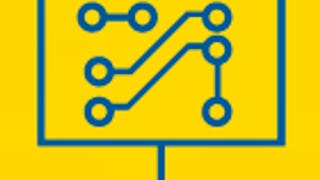 Status: Free TrialFree Trial
Status: Free TrialFree TrialSkills you'll gain: Object Oriented Programming (OOP), Programming Principles, Computer Programming, Scripting Languages, Data Import/Export, Data Structures, Python Programming, Scripting, Computational Logic, Computer Science, File Management
4.5·Rating, 4.5 out of 5 stars476 reviewsBeginner · Specialization · 3 - 6 Months
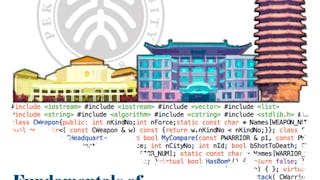 Status: Free TrialFree TrialP
Status: Free TrialFree TrialPPeking University
Skills you'll gain: Data Structures, C++ (Programming Language), Algorithms, Object Oriented Programming (OOP), C (Programming Language), Programming Principles, Computational Thinking, Graph Theory, Theoretical Computer Science, Computer Science, Computer Programming, Program Development, Pseudocode, Computer Architecture, Data Storage, Application Development, Software Design, Maintainability, Computational Logic, Database Systems
4.8·Rating, 4.8 out of 5 stars2.7K reviewsBeginner · Specialization · 3 - 6 Months
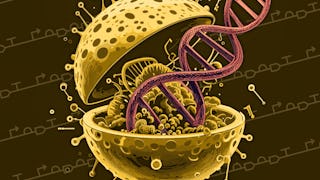 Status: Free TrialFree TrialU
Status: Free TrialFree TrialUUniversity of Colorado Boulder
Skills you'll gain: Biological Engineering, Markov Model, Molecular Biology, Biotechnology, Bioinformatics, Simulation and Simulation Software, Mathematical Modeling, Engineering Analysis, Electrical Engineering, Engineering Design Process, Simulations, Biochemistry, Computational Thinking, Failure Analysis, Computational Logic, Differential Equations, Cell Biology, Hazard Analysis, Technical Design, Numerical Analysis
Build toward a degree
4.5·Rating, 4.5 out of 5 stars33 reviewsIntermediate · Specialization · 3 - 6 Months
 Status: Free TrialFree TrialV
Status: Free TrialFree TrialVVanderbilt University
Skills you'll gain: Matlab, Computer Programming, Programming Principles, Debugging, Mathematical Software, Development Environment, Computer Science, User Interface (UI), File Management, Data Import/Export, Data Structures, Computational Logic, Engineering Calculations, Plot (Graphics), Problem Solving
4.8·Rating, 4.8 out of 5 stars18K reviewsBeginner · Course · 1 - 3 Months
 Status: Free TrialFree TrialU
Status: Free TrialFree TrialUUniversity of Michigan
Skills you'll gain: Object Oriented Programming (OOP), Animation and Game Design, Interactive Data Visualization, Software Design, Technical Design, Data Structures, Visualization (Computer Graphics), Interactive Design, Programming Principles, Graphic and Visual Design, Python Programming, Generative AI, Simulations, Computer Graphics, Design, Computational Logic, Computer Programming, Creative Design, Data Import/Export, Computational Thinking
5·Rating, 5 out of 5 stars6 reviewsBeginner · Specialization · 3 - 6 Months
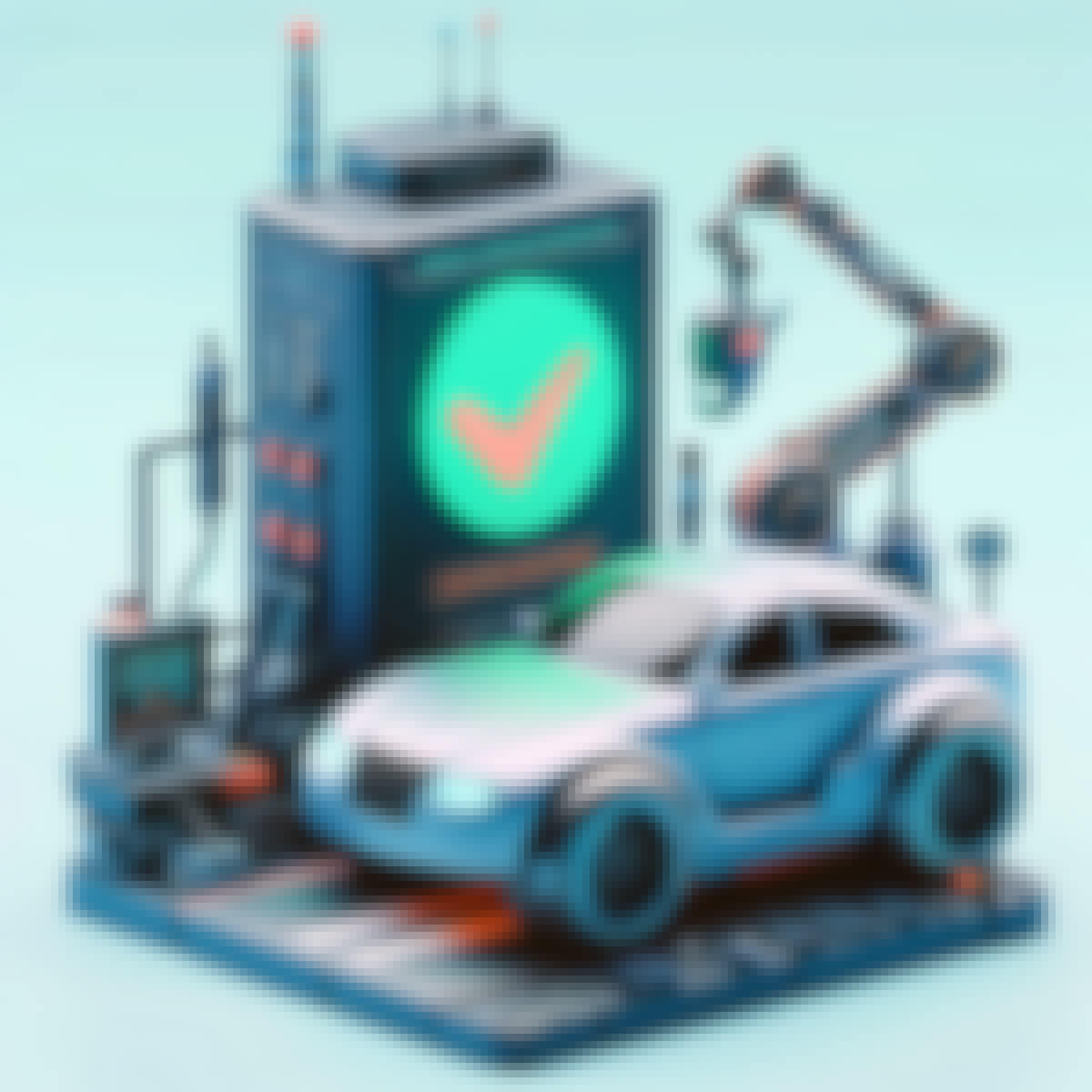 Status: Free TrialFree TrialU
Status: Free TrialFree TrialUUniversity of Colorado Boulder
Skills you'll gain: Verification And Validation, Computational Logic, Theoretical Computer Science, Automation, System Testing, Systems Design, System Design and Implementation, Algorithms
Build toward a degree
3.8·Rating, 3.8 out of 5 stars9 reviewsIntermediate · Course · 1 - 4 Weeks
 Status: PreviewPreviewP
Status: PreviewPreviewPPolitecnico di Milano
Skills you'll gain: Application Specific Integrated Circuits, Computer Systems, System Configuration, System Design and Implementation, Computer Architecture, Hardware Architecture, Computer Hardware, Embedded Systems, Systems Design, Automation, Computational Logic, Configuration Management, Performance Tuning
4.7·Rating, 4.7 out of 5 stars36 reviewsBeginner · Course · 1 - 4 Weeks
 Status: PreviewPreviewH
Status: PreviewPreviewHHebrew University of Jerusalem
Skills you'll gain: Computer Architecture, Computer Hardware, Computer Engineering, Computational Logic, Computer Programming, System Design and Implementation, Software Design, Debugging, Computer Programming Tools, Verification And Validation, Data Storage
4.9·Rating, 4.9 out of 5 stars3.7K reviewsMixed · Course · 1 - 3 Months
 Status: PreviewPreviewU
Status: PreviewPreviewUUniversidade Estadual de Campinas
Skills you'll gain: Education Software and Technology, Computational Thinking, Computer Programming, Computational Logic, Computer Programming Tools, Prototyping, Design Thinking, Artificial Intelligence, Innovation, Embedded Systems, Creative Design
4.9·Rating, 4.9 out of 5 stars98 reviewsBeginner · Course · 1 - 3 Months
 Status: PreviewPreviewP
Status: PreviewPreviewPPeking University
Skills you'll gain: Theoretical Computer Science, Computational Logic, Graph Theory, Spatial Data Analysis, Logical Reasoning, Computational Thinking, Algebra, Computer Science, Information Technology, Informatics, Algorithms
4.7·Rating, 4.7 out of 5 stars281 reviewsBeginner · Course · 3 - 6 Months
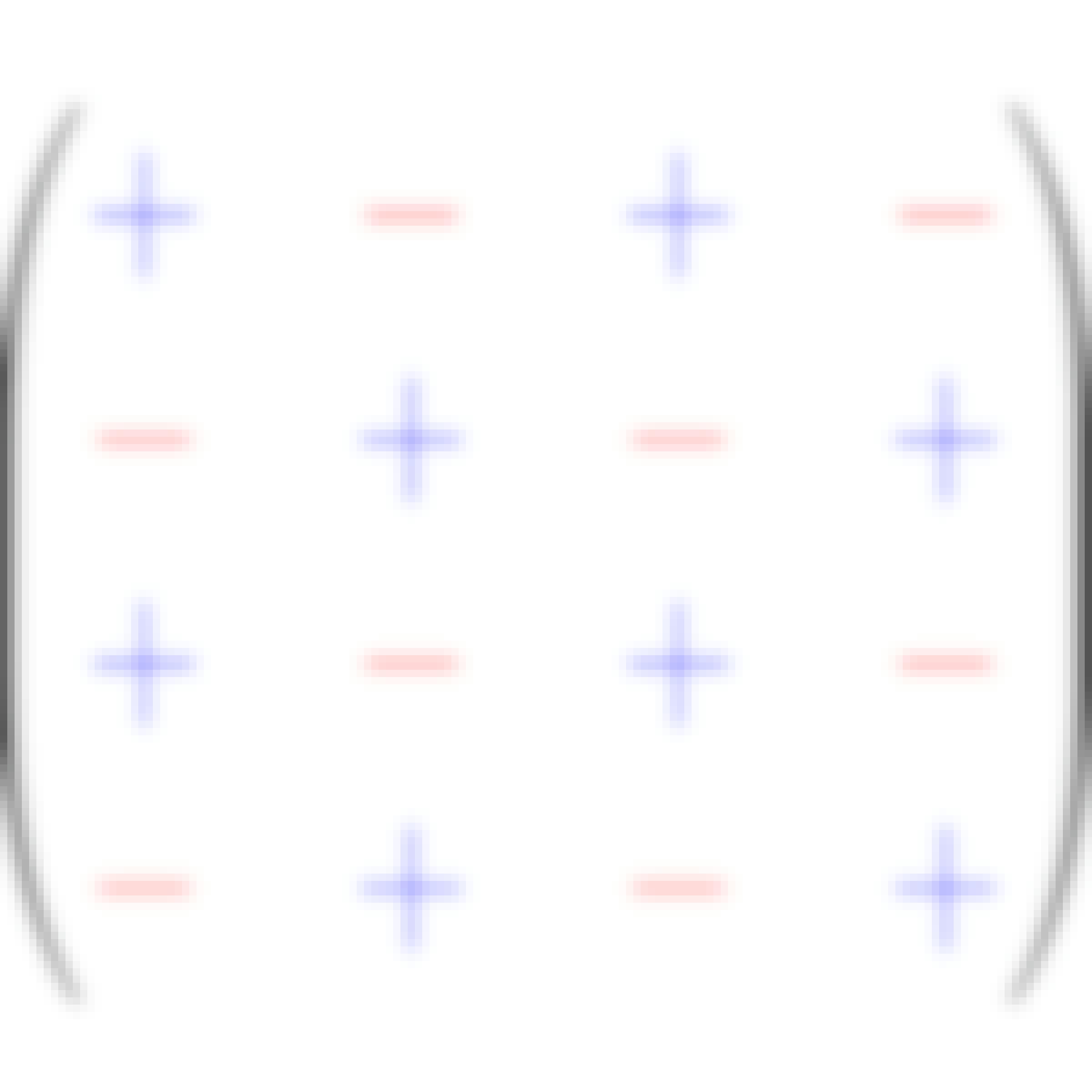 Status: Free TrialFree TrialT
Status: Free TrialFree TrialTThe Hong Kong University of Science and Technology
Skills you'll gain: Linear Algebra, Engineering Calculations, Algebra, Engineering Analysis, General Mathematics, Advanced Mathematics, Applied Mathematics, Arithmetic, Computational Logic
4.9·Rating, 4.9 out of 5 stars4.6K reviewsBeginner · Course · 1 - 4 Weeks